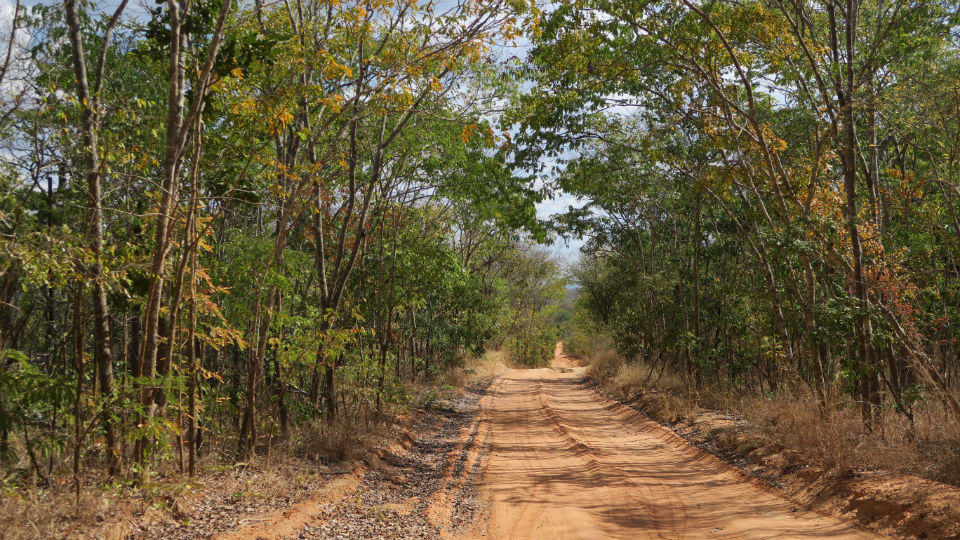Project Description
Many countries are seeking to expand forest cover. Often this is driven by incentivised tree planting programmes, but in some context forests can regenerate or expand through natural colonization. While planting trees offers many benefits and are may be more easily accountable, there is uncertainty around its impact on the genetic diversity and resilience of the resulting young woodland?
Concievably they could be more diverse through mixing provenances, alternatively locally adapted populations driving natural colonization may be fitter. We are collaborating with Forest Research, as part of the Centre for Forest Protection, to address this question.

